If we must define a natural system of cycling energy that has served as the basis for life since time immemorial, then regenerative agriculture is, first and foremost, a value system. Rooted in ancestral wisdom, these values include:

Indigenous thinking dictates that we are part of — not separate from —the land. Modern science supports this statement with the observation that humans are made of carbon just like all other forms of life. From this perspective, farmers do not produce anything but rather steward energy. Humbling ourselves in this way keeps us in healthy balance with the land and its ecosystem.
With humility comes care and respect for the rest of mankind. That, and regenerative agriculture hinges on a balanced ecosystem, which is simply not possible on an individual level. Regenerative agriculture is a large network of farmers who are dedicated not only to aggregating their production, but also to pooling their knowledge and resources to ensure success for everyone.
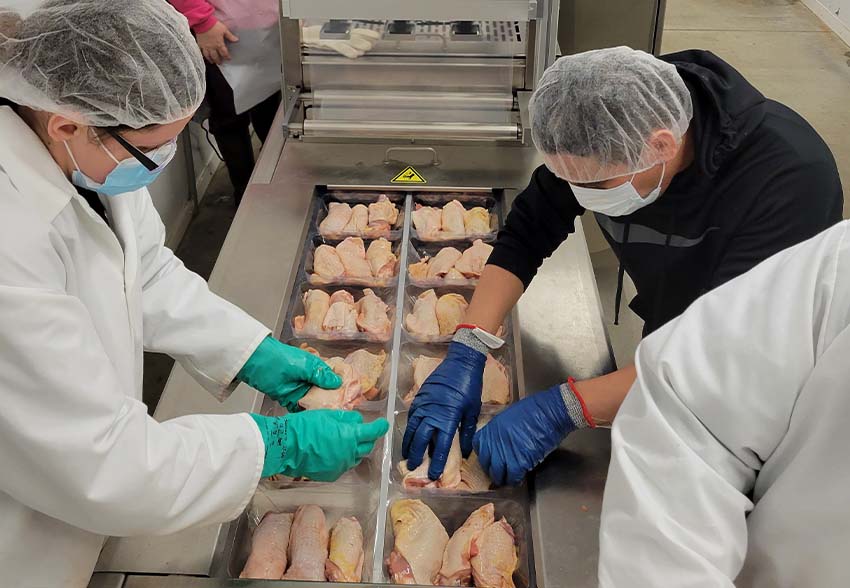
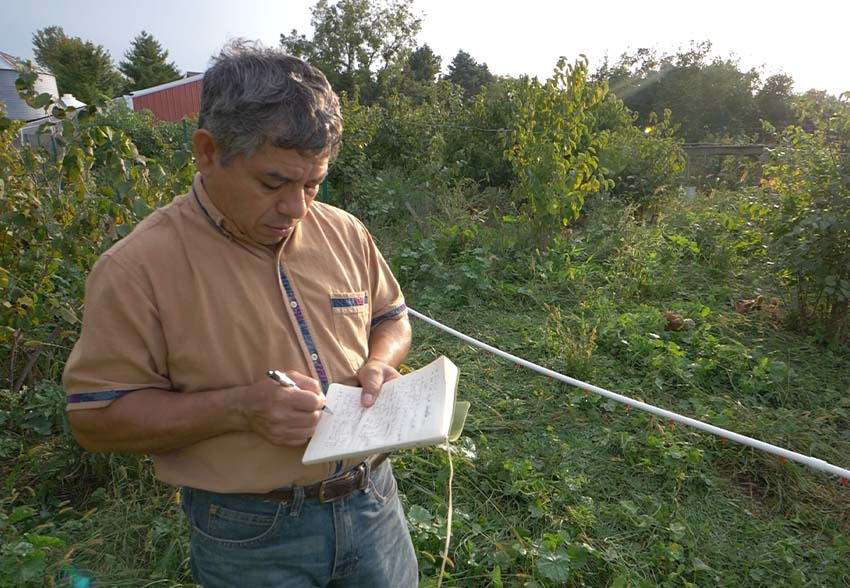
Collectivism allows for resilient ecosystems on the farm and beyond. Through dutiful land stewardship, we have observed regenerative poultry farms thrive amidst harmful effects of climate change. The ripple effects of coming together and scaling regenerative agriculture mean resilience in the form of strong regional food supplies; vibrant rural communities; and healthy land and society.
Being in community with one another is not only fun, it’s lucrative. With low barriers to entry, regenerative poultry production draws farmers from all walks of life who give way to infinite ingenuity. When carried out as a collective and in a way that maintains nature’s integrity, constant process improvement is a fundamental reward of regenerative agriculture.
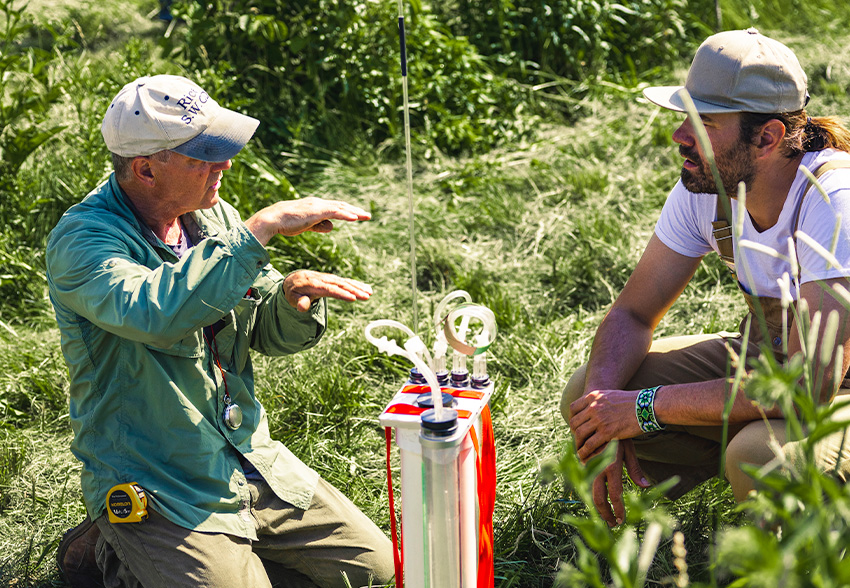
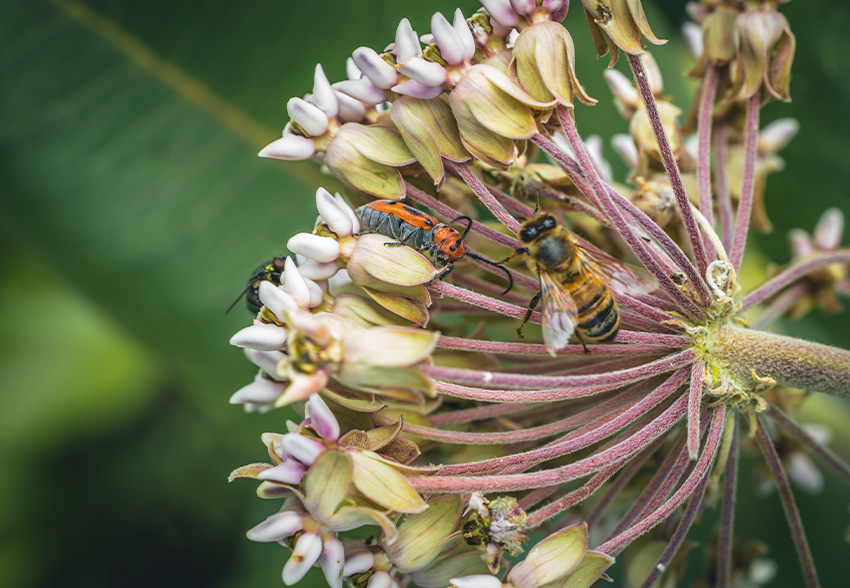
All people are indigenous to the earth, so we are all naturally capable of living with an abundance mindset. Regenerative agriculture practitioners know what abundance feels like. Akin to giving gifts and receiving more in return, regenerative agriculture has the ability to heal spirits and restore well-being.
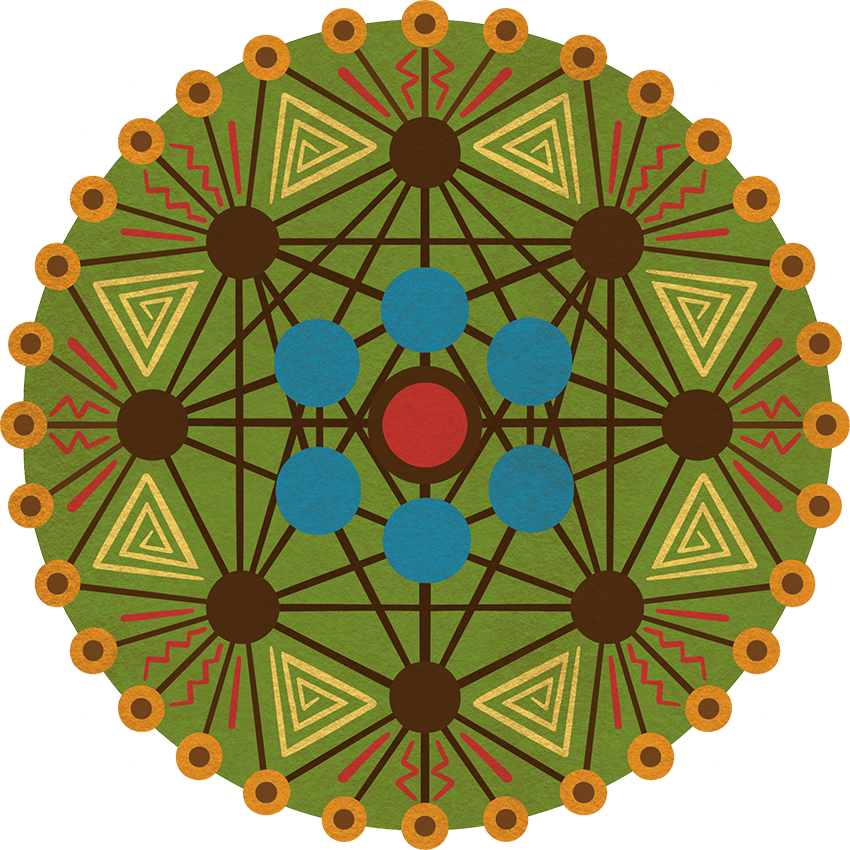
The reason regenerative agriculture has been preserved for everyone to access today is owed to native peoples. Indigenous thinking seeks to learn through observation and mold practices to the way nature actually works; to find balance and harmony between meeting our needs as humans and embracing the earth’s beautiful, marvelous, continually evolving flow of energy.

A regenerative agriculture industry alliance for thriving businesses, people and planet.